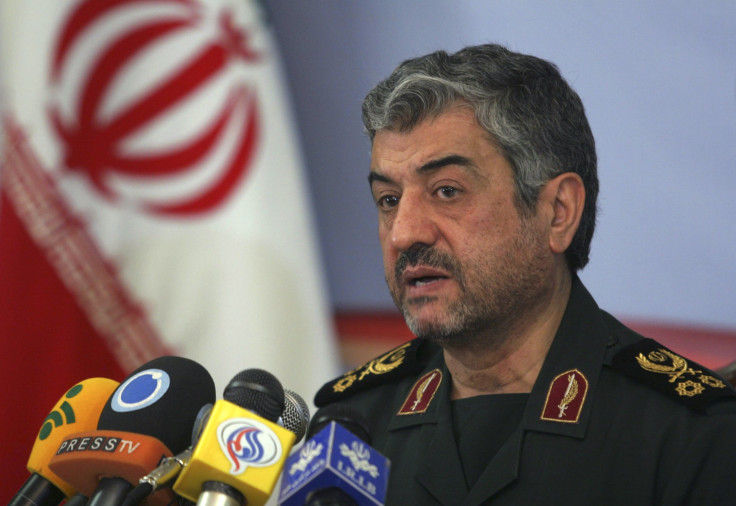Iran Preparing For Armageddon? Islamic Republic Backs Shiites In Syria, Iraq, Afghanistan, Pakistan And Yemen

Iran has prepared almost 200,000 young men in countries across the Middle East to help with the arrival of the Mahdi, a Muslim leader who will usher in justice prior to the Day of Judgment, a Revolutionary Guard commander said earlier this week. Maj. Gen. Mohammad Ali Jafari said recent violence across the region, including the rise of the Islamic State group, was a sign the arrival of the messianic Muslim leader was imminent, the Turkish newspaper Daily Sabah reported.
Jafari said the current developments in the region, “the formation of [the Islamic State group] and Takfiri [extremist] groups, and the events that occurred in the past years are paving the ground for the emergence of Imam Mahdi,” Middle East Monitor reported. "You can now see the positive results in the readiness of nearly 200,000 young armed in Syria, Iraq, Afghanistan, Pakistan and Yemen.”
Shiite Muslims generally believe the Mahdi will arrive following a period of widespread violence and instability, and will usher in justice and an event like the Armageddon, the conclusive battle between good and evil. The comments come as Iran has grown increasingly entangled with several regional conflicts, including in Syria, where Revolutionary Guard forces have been battling to support the embattled dictator Bashar Assad.
The conflict, which has broken down along sectarian lines, has given rise to apocalyptic theories, as war in the region was prophesied by the Islamic Prophet Muhammad in the 7th century. Hundreds of thousands of people have been killed in the Syrian war, and millions more have been displaced.
Several regional leaders expressed disapproval of the Iranian general’s statement, reported Asharq al-Awsat, a London-based Arabic language newspaper. A spokesman for the Yemeni government said Jafari’s comments were seen as “direct aggression against Yemen and a violation of its sovereignty.” Houthis have been battling the Yemeni government for months and are believed to be backed by Iran.
The region has seen intensified sectarian tensions in recent weeks, particularly in the aftermath of the execution of a popular Shiite cleric in Saudi Arabia, a country with a Sunni majority. The execution sparked protests in Shiite communities across several Muslim countries, including in Iran where protesters attacked the Saudi embassy.
Saudi Arabia and several of its predominantly-Sunni allies in the region cut diplomatic ties with Iran following the embassy attack. The execution and outcry that followed was seen as exacerbating already tense relations between Iran and Saudi Arabia, two of the Middle East’s major powers.
© Copyright IBTimes 2024. All rights reserved.






















